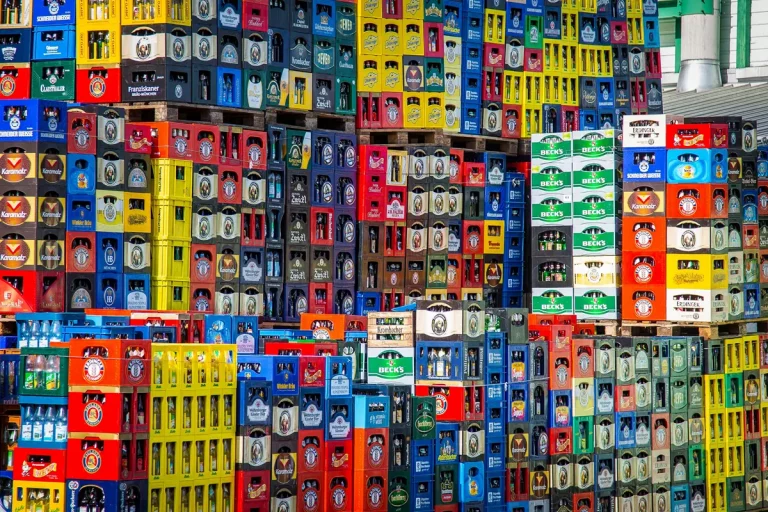
The evolution of plastic recycler systems
Plastic recycling has emerged as a pivotal solution in the battle against environmental degradation.
Over the years, plastic recycler systems have undergone significant evolution, propelled by technological advancements and growing environmental concerns. These systems have transformed from basic sorting and shredding machines to sophisticated processes capable of handling diverse types of plastic waste.
Understanding the importance of plastic recycling
Plastic recycling plays a crucial role in waste management for several reasons. Firstly, it mitigates the environmental impact of plastic waste by reducing the need for virgin plastic production. Additionally, recycling conserves energy and natural resources while minimizing greenhouse gas emissions associated with plastic manufacturing.
The functioning of plastic recycler systems
Plastic recycler systems operate through a series of intricate processes designed to transform discarded plastic into reusable materials. These processes typically include sorting, shredding, washing, melting, and pelletizing. Advanced technologies such as near-infrared spectroscopy and automated sorting systems enhance efficiency and accuracy in separating different types of plastics.
Challenges and innovations in plastic recycling
Despite its benefits, plastic recycling faces numerous challenges, including contamination, limited market demand for recycled plastics, and inadequate infrastructure. However, ongoing research and development efforts have led to innovative solutions such as chemical recycling, which breaks down plastics into their molecular components for reuse, and the utilization of recycled plastics in 3D printing and construction materials.
The role of legislation and corporate initiatives
Government regulations and corporate initiatives play a pivotal role in promoting plastic recycling. Legislation mandating recycling quotas, imposing taxes on single-use plastics, and incentivizing the use of recycled materials encourage greater adoption of recycling practices. Furthermore, corporate commitments to sustainability drive investment in recycling infrastructure and the development of eco-friendly products.
Benefits of implementing plastic recycler systems
Integrating plastic recycler systems into waste management strategies offers various benefits on both environmental and economic fronts. By diverting plastic waste from landfills and incinerators, these systems reduce pollution and conserve valuable landfill space. Moreover, they create opportunities for job creation, promote circular economy principles, and contribute to the overall sustainability agenda – plastic recycler.
Plastic recycler systems represent a critical component of modern waste management practices, offering a sustainable solution to the growing problem of plastic pollution. Through continuous innovation, collaboration between stakeholders, and supportive policies, the role of these systems is poised to expand further, driving us closer to a more sustainable and circular economy.
